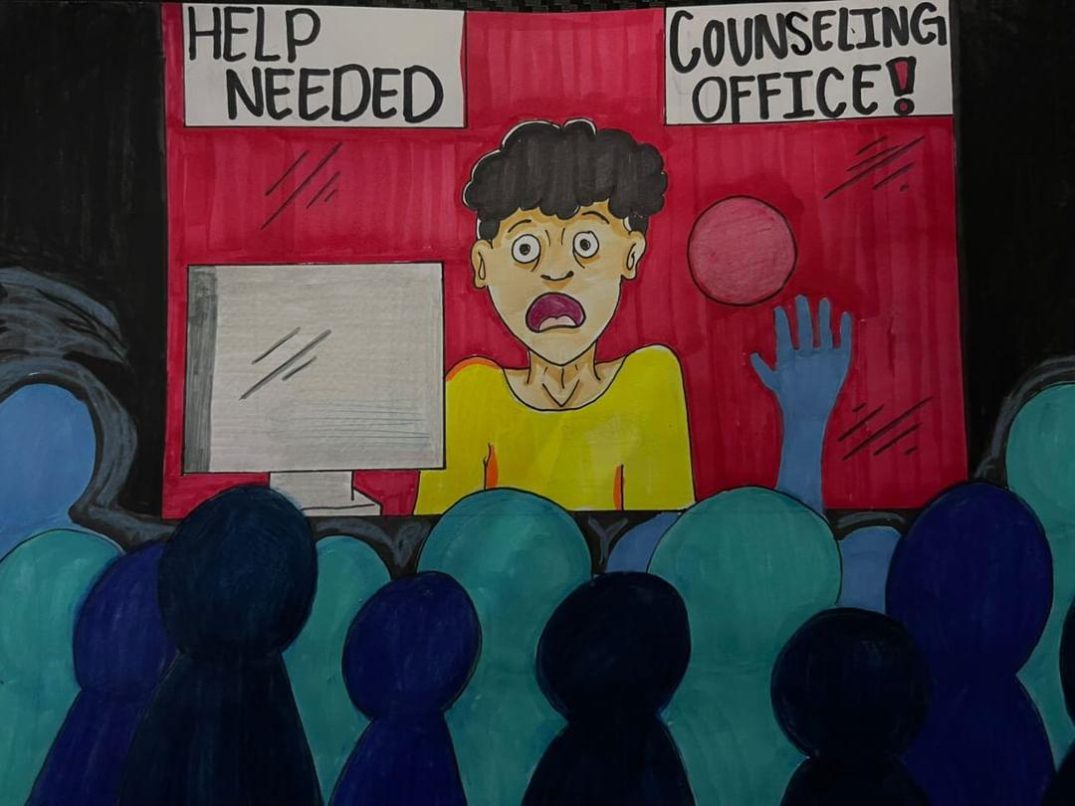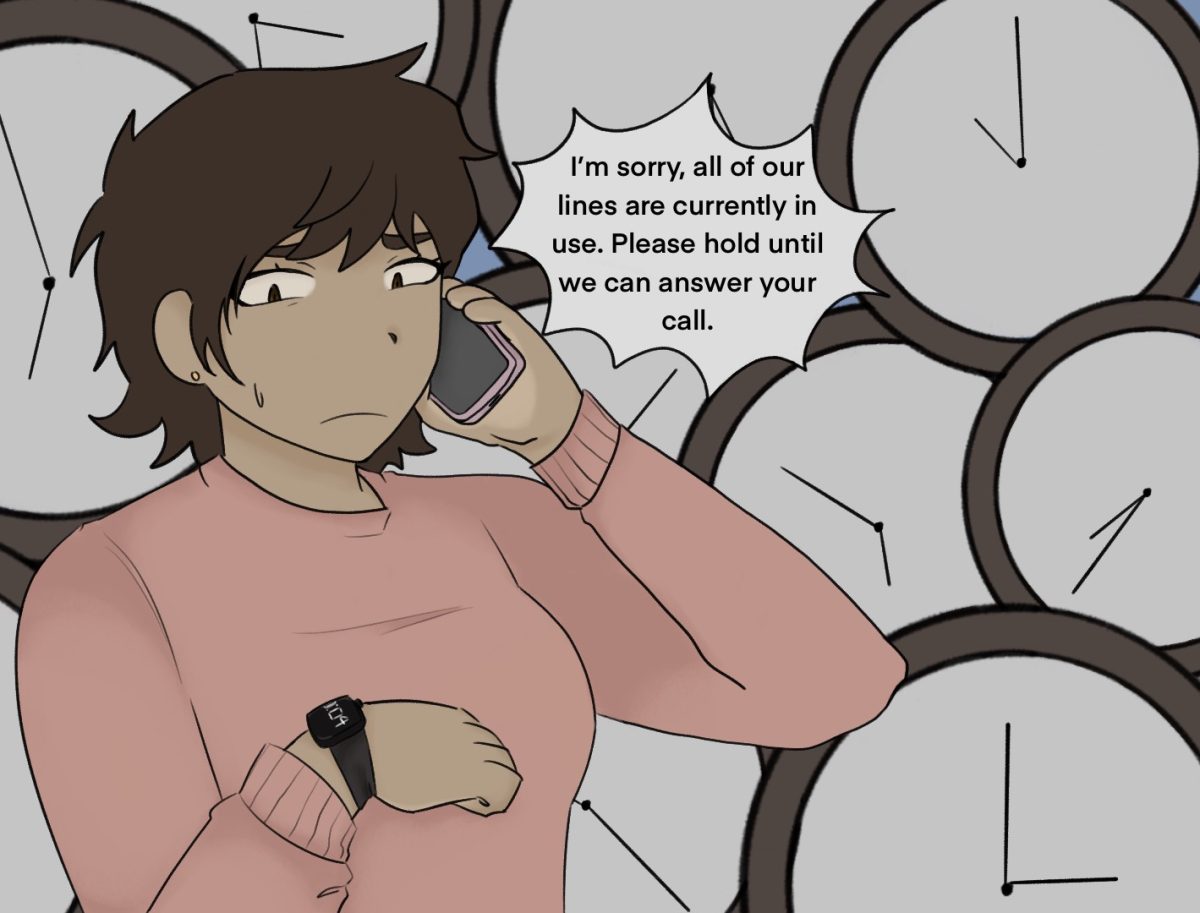The room was dark and silent with only a midnight blue flicker of the daylight outside.
We were about to enter “A world of sight. A world of sound. A world of mind.”
Suddenly, someone shouted: “Hey, the T.V. is broken!”
The group had a good laugh as the black and white hue of the classic TV show, “The Twilight Zone,” came into view.
It’s obvious that nowadays, older, colorless film is behind us, but I’m not so sure if I’m entirely convinced that it should be viewed as a dying breed.
At the risk of sounding old-fashioned, I like the soft black and white TV shows of the early 1900’s.
I rummage through movie racks.
I also sniff out the Web for classic movies.
What people forget is that even though the technology is rustic, it is not obsolete.
However, the contributions classic films made to Hollywood should not be thrown out, or worse, sullied.
Surprisingly, many people scoff at these beauties, even if the show or movie is to their enjoyment.
I have heard claims that because of our technology, we should be able to artificially color classic movies and TV shows when they are re-released as DVD’s.
This is a clear sign that people in this day and age are being spoiled by recent technology with computer graphics and surround sound system.
Classic films or TV shows should not be tampered with just to appease the wave of the future or those too narrow-minded to appreciate their wonder and significance.
If anything, I would be upset to see fake color strewn about into “Casablanca” or “The Twilight Zone,” which is one of my greatest loves.
“The Twilight Zone,” for example, redefined horror and presented it in a deep, disturbing way for its time and in turn, changed the way it was seen from then on out.
People should be more grateful for these past innovations instead of turning their backs on them.
Even if black and white is just not what someone is into, they should at least consider the fact that many of the things they are interested in watching may not be around today were it not for the creators of these programs and movies.
What’s worse is that most people have an aversion to classic programs and movies because of the superficial aspect of black and white films, not because they do not like the movie.
Also, what we can do is not be so caught up in being more futuristic or high-tech and instead appreciate these valuable works for all that has come as a result of them.
But perhaps the eeriest part of this trend of animosity and childish attitude toward black and white is that it seems to be prevailing.
I would hope we could see an end to it-but maybe we have all crossed over into “The Twilight Zone.”






